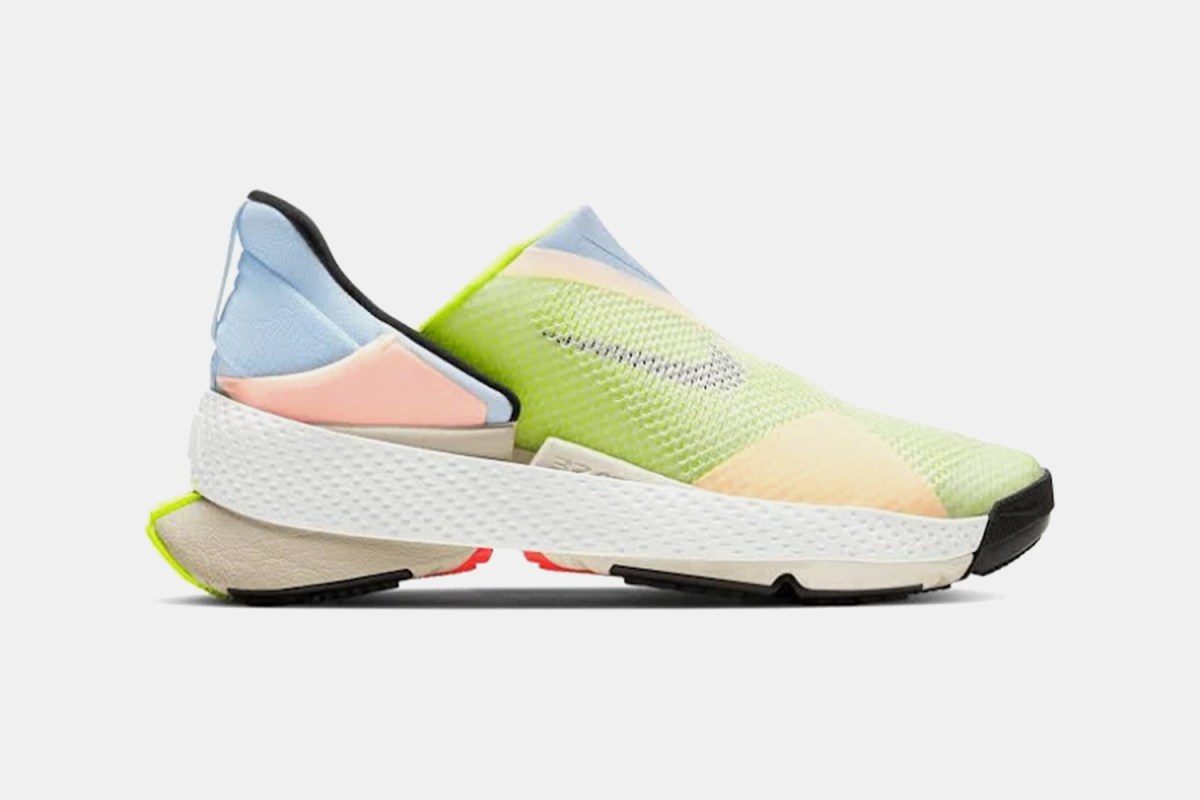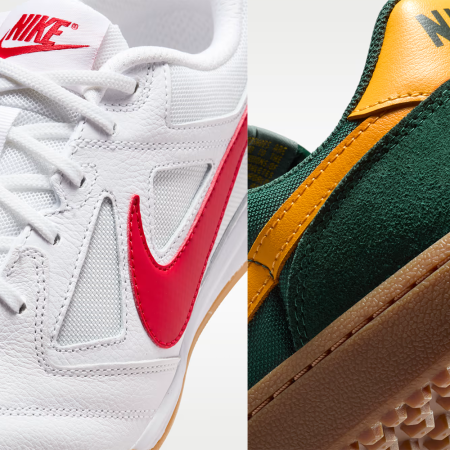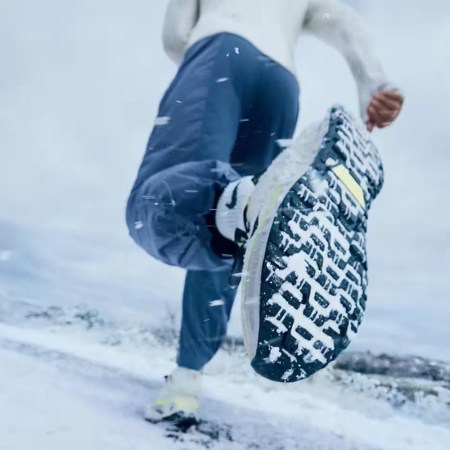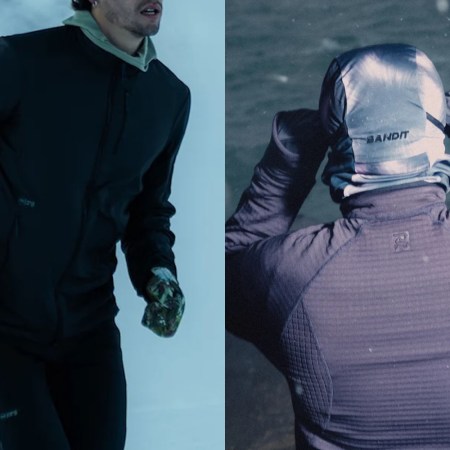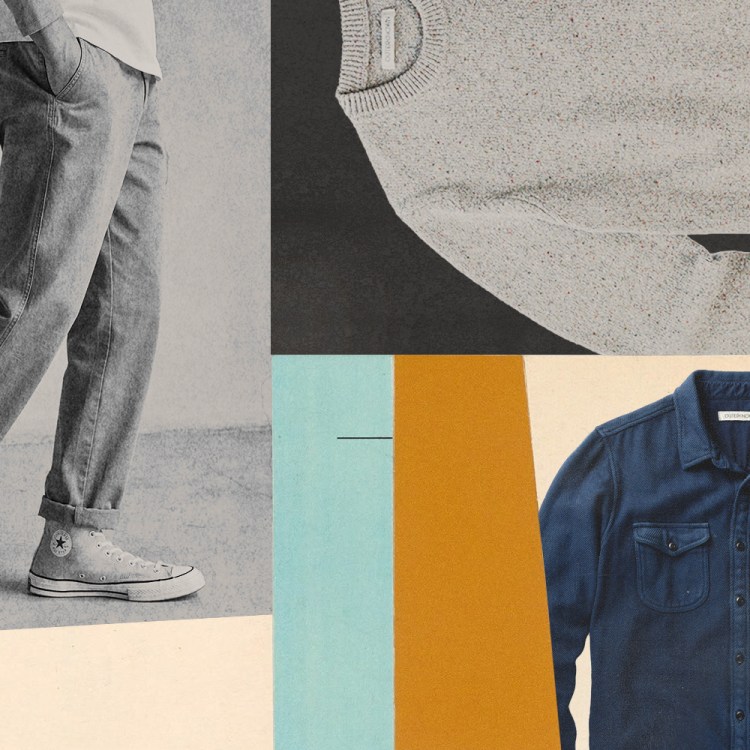In early February Nike teased the release of their Go FlyEase, a hands-free shoe that could quickly be slipped on and off thanks to a bi-stable hinge and tensioner technology. The design quickly garnered attention — and excitement — as a step towards more accessible footwear designed for those with disabilities and limited-mobility in mind. Although Nike never explicitly marketed the shoe towards the disabled (in the press release for the shoe Nike does use the word accessibility yet mentions it “serving the broadest range of active lifestyles possible — whether the wearer is champion fencer Bebe Vio, a student racing to class or a parent with their hands full”), the Internet understandably interpreted it as such, increasing the anticipation tenfold.
Then the resellers struck. For its first significant North American release earlier this week, the sneakers, retailing for $120, sold out within minutes and not long after began popping up on resale sites like StockX and GOAT, where they currently remain up for grabs for upwards of $400.
Sneakers selling out is certainly nothing new; people subject themselves to the almost-certain disappointment all the time through apps like SNKRS, Stadium Goods and NTWRK, especially as the secondary market continues to grow and resellers become more savvy in their methods of buying out shoes. In recent months they’ve been responsible for monopolizing collaborations like Todd Snyder x New Balance’s “From Away” sneakers, the shoes selling out so fast that Snyder felt compelled to issue an apology for what he felt was a lack of preparation, despite having taken precautions against resellers and bots.
But this normally inconsequential occurrence now feels like an actual problem, because of the potential for this shoe to do actual good in the world. Not long after the release, a TikTok by 19-year-old Louie Lingard began making the rounds, eventually finding its way to Twitter, where the release incurred more outrage. “The shoe itself has been so hyped up and praised for its inclusiveness and its accessibility for people like myself with a disability that it’s become limited and resellers and bots have got ahold of all the pairs and gouged the price up,” said Lingard, ““Now, if someone with a disability that actually needs the shoe for the design purpose wants it, they’re gonna have to pay on the up end of $500 to get it.”
While resellers are to blame for the exorbitant resell prices, many feel Nike is at fault for releasing the shoe in a limited quantity, making an already difficult process even more challenging. However, it’s not an uncommon for Nike to release limited-edition runs of shoes before offering them in larger quantities down the line, which is what they intend to do with the Go FlyEase. But considering the hype surrounding the shoe as it pertained to those with disabilities, hype that Nike surely predicted and were privy to, their decision to go ahead with a limited drop feels off-putting, especially while benefiting from the conversation surrounding the sneaker’s accessibility despite neglecting to actually mention those with disabilities (let alone the world disabled) in any of the press releases.
Whether the backlash caused by the sneaker’s release will force brands to take even more steps to combat resellers and bots remains to be seen, but it’s evident that something needs to change, something that was clear before the release of the Go FlyEase but made more glaringly so by this gross display. And as twitter use Chloe Kennedy succinctly put it, “resellers are going to hell.”
We've put in the work researching, reviewing and rounding up all the shirts, jackets, shoes and accessories you'll need this season, whether it's for yourself or for gifting purposes. Sign up here for weekly style inspo direct to your inbox.
